detail profile teresa wei c3 9fbach
Peran Yang Di Mainkan Teresa Weißbach
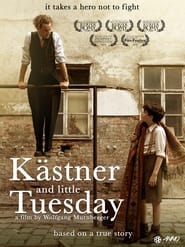 Germany 1931 The youth novel Emil and...
Germany 1931 The youth novel Emil and...Kästner and Little Tuesday 2016
Germany, 1931. The youth novel "Emil and the Detectives" is being filmed, which will make its author, Erich Kästner, world famous. An unusual friendship begins between the childless author and fatherless Hans, the 9-year-old playing the character Little Tuesday. Their friendship is put to the ultimate test in the Third Reich when Kästner's books are banned and little Hans becomes a Hitler Youth. Based on a true story.
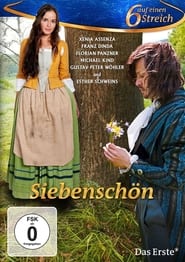 When she was a child Ludmilla...
When she was a child Ludmilla...Siebenschön 2014
When she was a child, Ludmilla was the treasure of her parents, She worked, sewed, washed, and spun as much as seven ordinary people, and Ludmilla was “As Pretty as Seven.” But on account of her pretty face, everybody stared at her; and, as she did not like this, she put a veil over her face. The young peasant beyond her beauty is a humble woman who doesn't rely on her beauty alone but her strength of character, her education and on true love. The poor farmer's daughter veils her face, but that doesn't prevent Arthur, the Prince of the kingdom from recognizing her true inner beauty and falling deeply in love with her. The King cannot accept such a union. Her parent's farmhouse is burned. To save her life, she decides to change her identity by disguising herself as a valet and will henceforth be called Misfortune. “As Pretty as Seven was once my name, But it changed to Misfortune when here I came.”.
 At the beginning of 2000 the young...
At the beginning of 2000 the young...Für immer ein Mörder - Der Fall Ritter 2014
At the beginning of 2000, the young commissioner Yvonne Weber moved from Frankfurt am Main to Eisenach. Together with the local colleague Frank Wolf, she is to review an unresolved murder case from the GDR era. The investigation team encounters inconsistencies in the file and it becomes clear that there is no interest in truth-clarifying the Eisenach department and the prosecutor's office in Gotha.
 In 1964 young Julia Welling is sent...
In 1964 young Julia Welling is sent...Julia und der Offizier 2014
In 1964, young Julia Welling is sent to Bavaria to create and manage a home for children. For the past of her father (a member of the Nazi party) Julia now defends the values of democracy and wants children to be treated like whole persons. Her first days in Bavaria are difficult because the people are very conservative: when she notices some parents beating their children, she steps in and they don't understand her intervention. She meets a young American officer who is organizing the end of US occupation forces in Germany; he helps her get a former military installator for her new children's home. She manages to install the home and begin her activities, but one night a violent farmer tries to burn down the building because she has protected his son.
 As a housewife wife and manager...
As a housewife wife and manager...Nach der Hochzeit bin ich weg! 2011
As a housewife, wife and manager of a family business, Anne Stadler has everything under control. So the wedding of her only daughter Lisette should be a fantastic event, as she herself was not allowed to experience it. With Elan Anne organizes in the contemplative Black Forest village a social event of the first order, with church blessing, many guests and a big stag party. But in the middle of the preparations, she caught her godfather Gerd in the family-owned sawmill at the fling. When finally Arno Freywald appears, father of the groom Daniel and impostor, the cards are shuffled.
 Teresa Weibach makes this film about...
Teresa Weibach makes this film about...Fresh Breeze 2009
Teresa Weißbach makes this film about a widower, who finds new life courage with the help of a young woman, to a remarkable romantic drama. In memory of his deceased wife, the Hamburg glove manufacturer Tobaben spends some days in her favorite hotel in Travemünde. There he meets Luzy. The lively young woman is a barmaid in the evening and a housekeeper during the day. She immediately locks him in the heart. He, on the other hand, thanks to her carefreeness finds new life courage, engages her from the spot as a shareholder and takes it easy to accept that the distinguished Hanseatic society promptly tears the mouths.
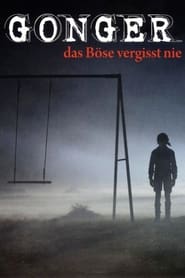 A man decides to sell his...
A man decides to sell his...Gonger 2009
A man decides to sell his grandparents' house when he finds out that the death of his parents seems to be connected to a legend about a murdered child.
 The body of a young Mexican...
The body of a young Mexican...Freiwild - Ein Würzburg-Krimi 2008
The body of a young Mexican woman is found in the Main Valley, south of Würzburg. Inspector Peter Haller and his colleague Birgit Sacher are involved in solving the crime. Haller is not yet forty and was born in Würzburg. He has a quiet love for his city, for its clarity and familiarity. He will never fully understand how people can become criminals in such a beautiful environment. This is the secret drive behind his investigations, in which he is not just concerned with solving the case, but with looking into the soul of the perpetrator.
 Laura returns to Chile after thirty...
Laura returns to Chile after thirty...Mein Herz in Chile 2008
Laura returns to Chile, after thirty years, to say goodbye to his old and sick mother. In this bitter journey she is accompanied by his daughter Elizabeth, who still did not know her grandmother. When the old woman meets her granddaughter, she decides to change her will and leave the young Elizabeth as heir of the family mansion. When soon after the grandmother dies, Elizabeth examines the inheritance, and discovers with surprise that the mansion was donated to a foundation.
 The young Friedrich Schiller begins his...
The young Friedrich Schiller begins his...The Young Schiller 2005
The young Friedrich Schiller begins his life as a poet with a dramatic escape. After the sensational success of his first drama "The Robbers", he deserts from the Duke's army. At the Mannheim Court and National Theatre, he initially receives a friendly reception, but his new play "Fiesko" is not well received by the artistic director Dalberg. In the successful actor and author August Wilhelm Iffland, Schiller finds a strong competitor for the position of in-house playwright and vies with him for the love of the same woman. The young poet's situation becomes increasingly precarious; he has no money, suffers from hunger and falls seriously ill. Nevertheless, he works feverishly for recognition and success with no regard for his own health.
 A group of kids grow up...
A group of kids grow up...Sonnenallee 1999
A group of kids grow up on the short, wrong (east) side of the Sonnenallee in Berlin, right next to one of the few border crossings between East and West reserved for German citizens. The antics of these kids, their families, of the "West German" friends and relatives who come to visit, and of the East German border guards, all serve to illustrate the absurdity of everyday life on the Sonnenallee, and therefore throughout the former East Germany.
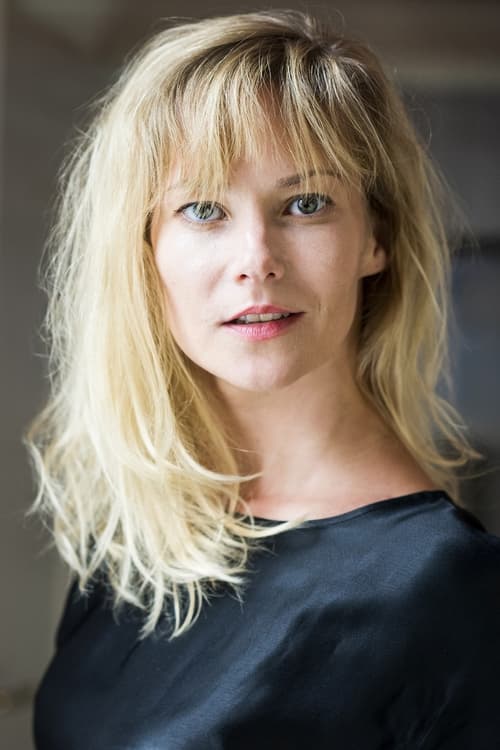
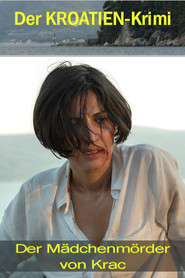
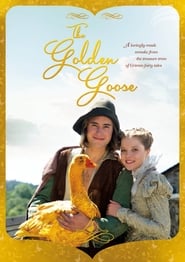 Simpleton is a poor carpenters apprentice...
Simpleton is a poor carpenters apprentice...
 Meike has had enough of a...
Meike has had enough of a...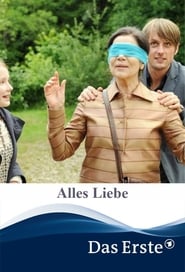


 Mia is dreaming of one day...
Mia is dreaming of one day...